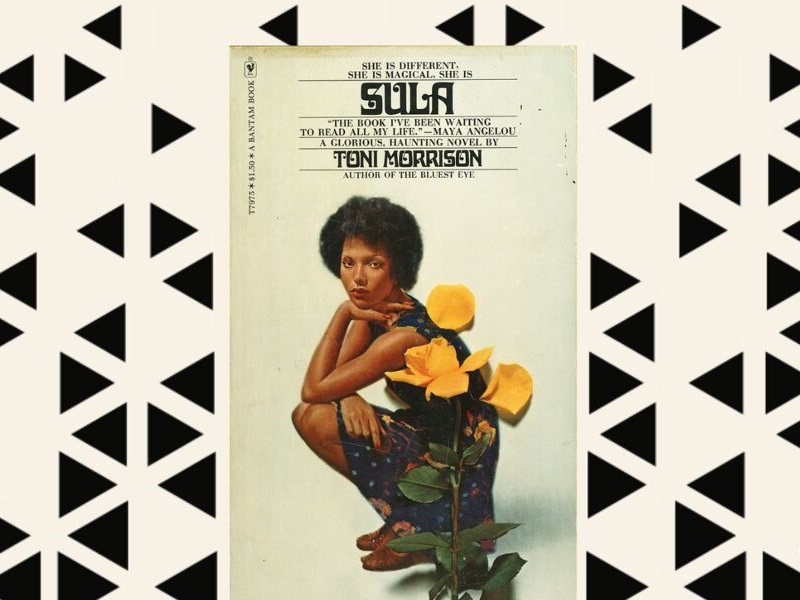In the realm of African American literature, Toni Morrison’s ‘Sula’ arguably stands out as a beacon of masterful storytelling which intricately weaves themes of friendship, betrayal and redemption within its tale. Morrison’s novel spectacularly showcases the bond between two women, Sula Peace and Nel Wright, at its core, painting a vivid portrayal of their friendship’s ebb and flow.
One fundamental aspect of ‘Sula’ is the in-depth presentation of the friendship between the yin and yang protagonists, Nel and Sula. Growing up in the tight-knit community of the Bottom, an African American neighborhood situated atop a hill in the fictional town of Medallion, Ohio, the girls, despite their contrasting natures, forge an intense bond. Morrison uses vivid descriptions to encapsulate the depth of their friendship, painting a tale filled with a shared understanding of their identities and the world they inhabit.
However, as multifaceted as the theme of friendship is in ‘Sula’, it is intimate betrayal that breaks the bond between Nel and Sula and carves out the novel’s dramatic core. The betrayal manifests when Sula engages in a relationship with Nel’s husband, Jude. Morrison delves into the complexities of the betrayal with vivid descriptions, her writing echoing the tumultuous psyche and emotional torment of Nel.
The act of betrayal is not simply an external action committed by Sula but also reflects deeper layers of her character – her non-conformity, her rejection of societal norms, and her quest for personal freedom, even if it means trampling upon cherished friendships. The betrayal serves as a cataclysmic moment that causes fissures in the community of the Bottom, and permanently sculpts the dynamics of Sula’s relationship with the inhabitants, particularly Nel.
“[…She] had no thought at all of causing Nel pain when she bedded down with Jude.” (Morrison 106). This statement from Sula in the novel epitomizes the nature of her betrayal – it is not an act derived from malice or spite, it stems from her individualistic approach towards the mores of life, love, and passion.
Nevertheless, Sula’s stark betrayal brings forth the theme of redemption which Morrison subtly infuses into the story. This redemption is woven into the narrative through Nel’s journey. The reader witnesses Nel’s development from a wide-eyed, compliant child to a mature, introspective woman scarred by betrayal. After years of living with the pain inflicted by Sula, she finally comes to an understanding and acceptance of her friend’s actions.
The final pages of the novel echo Nel’s plaintive cry: “All that time, all that time, I thought I was missing Jude. […] but it wasn’t that. […] It was Sula. […] Girl, girl, girlgirlgirl..” (Morrison 174). This realization, the actual process of redemption, although it arrives too late (post Sula’s death), delivers Nel from her decades-long torment. It personifies Nel’s acceptance of Sula’s individualistic philosophy and resonates how true redemption comes not from vengeance, but understanding, acceptance and forgiveness.
In conclusion, ‘Sula’ by Toni Morrison, through its indelible tableau of friendship, betrayal, and redemption, challenges us to comprehend relationships, individualism, and societal conventions. It permits us to understand that the bonds of friendship can withstand the winds of betrayal and find redemption in the ruins. The novel sucks us into the whirlpool of its characters’ lives, compelling us to examine our own understanding of the human condition, making us realize that it is our interpretations of betrayal and, eventually, our reconciliation with the hurting past that truly shapes our present and future.








